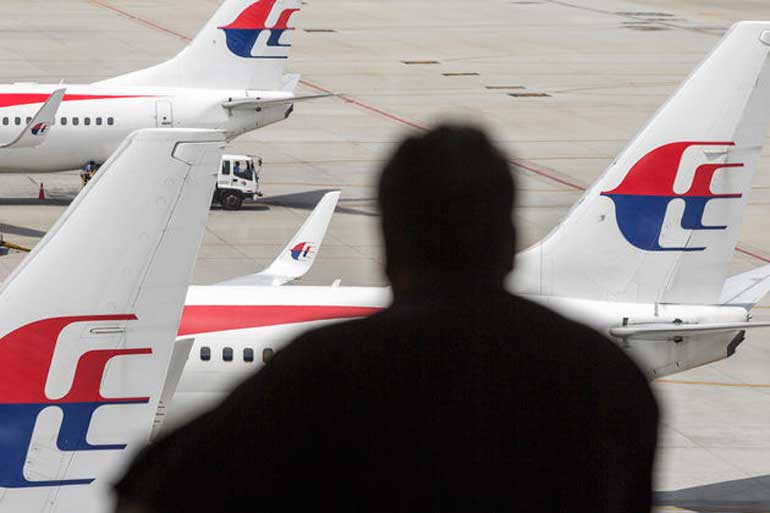Tuesday Feb 24, 2026
Tuesday Feb 24, 2026
Monday, 7 December 2015 00:00 - - {{hitsCtrl.values.hits}}

(Reuters) - Malaysia Airlines has signed a deal to expand a partnership with Emirates airline, which will also see it exit some loss-making European routes as part of a turnaround drive under new Chief Executive Christoph Mueller.
The two airlines have signed a code share deal that will allow Malaysia customers to book routes to Europe with Emirates, while in exchange Malaysia will offer Emirates passengers connections within the Asia Pacific region.
Mueller told Reuters the deal would allow Malaysia to avoid making losses on routes to Europe because it would stop flying to Amsterdam and Paris with its own planes from the end of January and instead book customers onto flights operated by Emirates.
European and Asian carriers have struggled to make money on routes after the Middle East carriers with lower costs and newer fleets aggressively expanded flying between the regions.
The situation on flights via Amsterdam, a hub for many oil industry destinations, has been compounded as oil companies have cut budgets due to low oil prices, Mueller said.
“Everybody has reduced flying but still the remaining services are loss-making,” Mueller said, speaking from London.
“People will now buy tickets of Malaysia Airlines to reach these final destinations so we will take back market share in terms of ticket sales.”
The Emirates deal means it has also cancelled some of its other code share arrangement with partners, though Mueller declined to specify which ones.
The airline is trying to recover after flight MH370, carrying 239 passengers and crew, disappeared in March last year. In July 2014, Malaysia Airlines Flight MH17 was shot down over rebel-held territory in eastern Ukraine, and all 298 aboard were killed.
Mueller, who turned around Aer Lingus during his tenure as CEO of the Irish carrier, was hired to boost Malaysia’s fortunes after Malaysian national investment firm Khazanah took it private late last year.
He said the next step in the turnaround was to invest in the product, such as with lie-flat business class seats and wifi on board.
The carrier is also in talks with lessors and has recently returned eight 777s to the leasing companies that are surplus to requirements, Mueller said. Its aircraft are currently held by the old company, MAS, and the new company needs fewer planes than the old company had.
“We will only take those assets that are commercially viable for us. Aircraft we don’t need we will leave behind for the administrator to dispose of,” Mueller said.